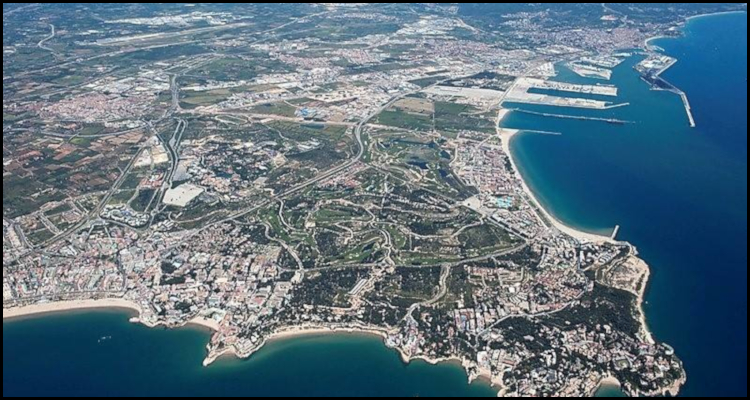American casino operator Hard Rock International has reportedly revealed that the plan to build its €2 billion (£2.18 billion) Hard Rock Entertainment World development in northeastern Spain has hit yet another delay.
According to a Wednesday report from CalvinAyre.com, the firm intends to bring the giant integrated casino resort to a 184-acre parcel of land located a few miles south of the Catalan city of Tarragona so as to offer a range of accommodation, entertainment, shopping and exhibition facilities as well as a casino featuring a selection of some 1,200 slots and around 100 gaming tables.
Deliberate delay:
The source reported that Hard Rock International had been given until next Tuesday to complete the €120 million ($131.32 million) purchase of the envisioned Spanish project’s designated site from the state-run Incasol property concern but has now been granted a five-month extension owing to concerns over the ongoing coronavirus pandemic.
Coronavirus considerations:
When finished, the planned Hard Rock Entertainment World is reportedly set to serve as an important driver for the local Catalan economy due to being one of the largest complexes of its kind anywhere in Europe. However, the local government purportedly supported the extension to October 5 after Hard Rock International disclosed that its business was being hurt by the ongoing coronavirus-related temporary closure of its venues.
Protracted renewal:
Chief Executive Officer for Hard Rock International, Jim Allen, last week told American news outlet CNBC that his firm’s business will likely need a full year before it can return to pre-pandemic performance levels.
Monetary support:
Despite this pessimism and the casino firm reportedly did recently fulfill one of the requirements for its promised Spanish gaming license by boosting the financial capital of its local Hard Rock BCN IR concern to around €66.5 million ($72.85 million). It was further announced that this subordinate’s bank account had previously held only about €60,000 ($65,600), which was far below a government-mandated request that its coffers contain at least 10% of the entire project’s projected outlay.



